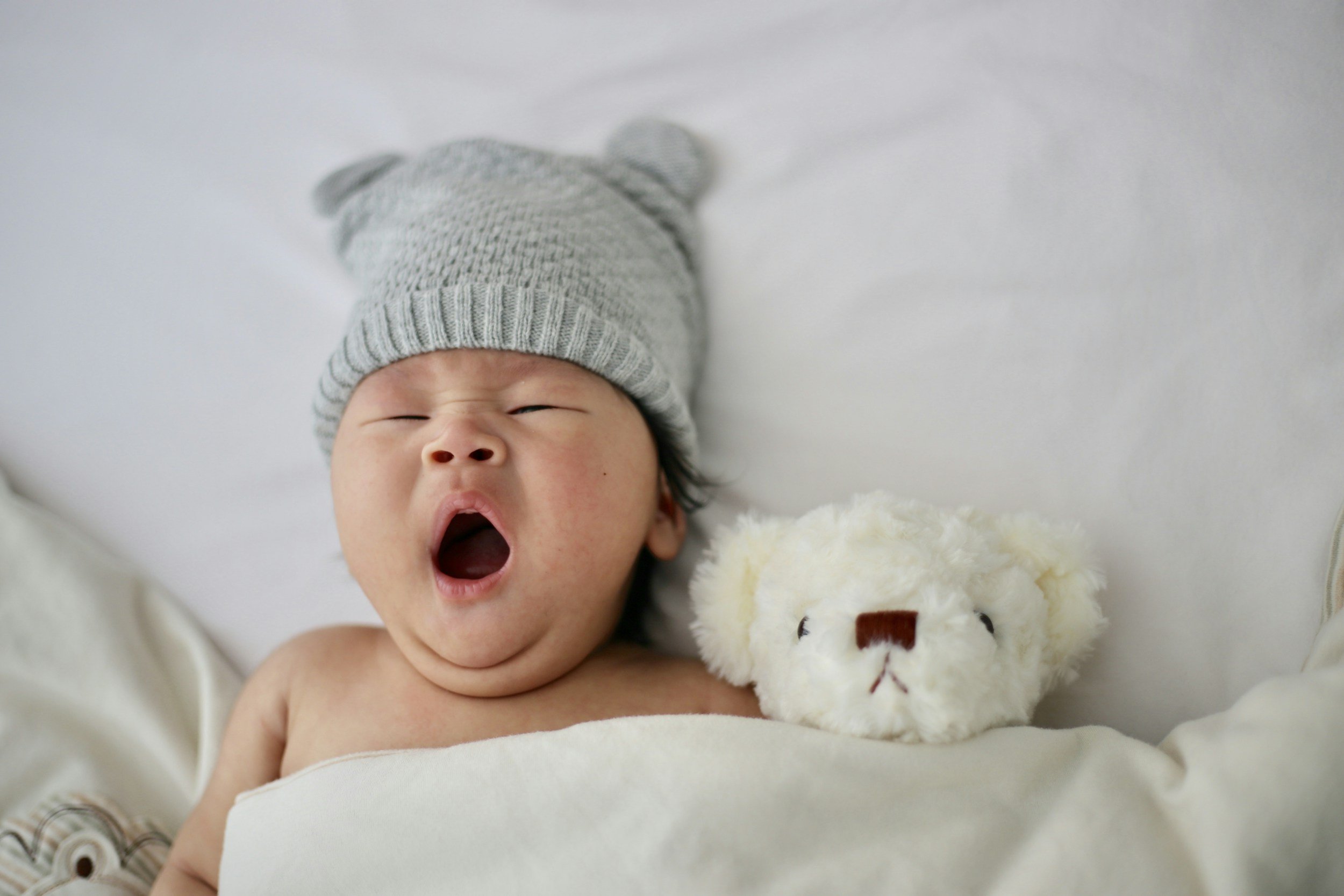
Kids Brains
A kid’s brain is like a sponge. Be gentle with it so it can grow.
To know how a brain works, even at young age, can help a child and the parent tremendously in helping the child’s brain development. No matter what the child’s diagnosis is or no matter what challenges you face with your child, there is an explanation going on in the brain. And no, it is not inherited. The brain builds and learns on what the environment feeds it. Even more, be ready to change your life so you can change your child’s life because your child’s development is depending on it. Change the environment of a child and the brain can start to grow and develop again. I help you find what is needed for a child so the child’s brain can develop properly.

Brain Development 0-6
Let a child be free so the child’s brain has freedom to develop.
The brain starts to develop before birth and continues to develop into adulthood. Early childhood experiences affect the brain development and either create a safe and stable foundation or a fragile unsafe foundation for its development. Everything we want to teach our kids, everything we want them to learn is built on this foundation. This is why it is so crucial to get it right in the first few years of the child’s life. According to the Center on the Developing Child of Harvard University more than 1 million new neural connections are formed every second in the first few years of a child’s life.
They say that the basic principles of neuroscience indicate that early preventive intervention will be more effective and produce more favorable outcomes than remediation later in life (see article The Science of Early Childhood Development). I couldn’t agree more. Helping a child in the first few years can spare you a lot of time and money in a child’s or adult’s later life. What a child needs is a loving and nurturing interaction with their parents. Scientists know that experiences shape the developing brain. If the emotional, physical and verbal responses you are giving to your child is safe, unstressed, present and loving you are giving your child all it needs. What Scientists found out is that if the responses of the parents and caregivers are unreliable or inappropriate the brain’s architecture does not form as expected, which can lead to disparities in learning and behavior. I help you to create the best environment for you and your child, so your child’s brain can develop as it should and is ready to.

Brain Development 7-18
Emotional well-being does more for your child than bring a happy moment. It actually helps your child to develop its brain.
The brain reaches its full size in early adolescence. The teen years are all about fine-tuning for the brain.
We all know that emotional well-being is important. But did you know that emotional well-being and social competence provide the strong foundation for emerging cognitive abilities and provide the foundation for human brain development? It is the prerequisite for later success in school and later in the workplace and in community (see article The Science of Early Childhood Development of Harvard University). Crucial is to avoid toxic stress. Toxic stress at home, toxic stress of the parents, toxic stress built up for the child because of the pressure from the parents or the socially difficult environments, these circumstances will all flow into your child’s own stress. Scientists know that toxic stress in early childhood can be bad for the developing brain while short-term stress responses of a child to a certain situation is natural and important for a healthy development. We cannot protect our kids from all the risks out there, although of course I would want that. It is about balancing out and give your child control over the child’s own life. Not letting a child lead its own life can lead to toxic stress for example, in extreme of course. You know your child best. Avoid stress at any state of a child so the brain can develop. Especially in a period between 7 and 18 where school is predominant, it is important not to forget your child’s well-being in all this. And your child will thank you later to prioritize the child’s well-being. It is actually helping the brain development. Pressure is the last a child needs. The earlier the stress comes up for a child in childhood the worse. However, stress can build up in the years between 7 and 18 because of school and environment issues the child is facing. I help you navigate the boat with your child so your child’s brain can develop in a happy and relaxed way.

Brain Development thereafter
The brain finishes to developing in the mid to late 20s only. It’s not over when you are 18..
The part of the brain behind the forehead, the prefrontal cortex, is the last part to develop. This part is responsible for making good decision, expressing your personality, solving problems, social skills and other complex cognitive behaviors. It is known to be the part that make the decisions when you are in rest-and-digest and not in a fight or flight state. This is why the avoidance of chronical stress is so important. You make the better decisions when not stressed, your brain works better and until your late 20s your brain can develop properly. The Wall Street Journal and The Scientific American shared research that “suggests that people are better equipped to make major life decisions in their late 20s than earlier in the decade. The brain, once thought to be fully grown after puberty, is still evolving into its adult shape well into a person's third decade, pruning away unused connections and strengthening those that remain, scientists say” (see article). Understanding this will help you to be gentle with yourself in your 20s. I show you everything I know to help you through your little brain ups and downs. Also , what you need to know. Even after your twenties, although your brain is not growing anymore, you can always change your brain. Neuroscience shows that ‘what fires together, wires together’. You can teach your brain new pathways and change your whole life with this.

Stages of Brain Development
Neuroscience is so fascinating. I cannot get enough of all the research and studies on the child’s brain. I think every child and parent should know about it.
Following the National Library of Medicine (see article) the “brain development proceeds in overlapping phases: making the brain cells (neurulation and neurogenesis), getting the cells to where they need to be (migration), growing axons and dendrites, which are structures needed to link with other nerve cells (neuronal differentiation and pathfinding), developing synapses or points of communication with other cells (synaptogenesis), refining those synapses (maturation and pruning), and, finally, forming the supportive tissue that surrounds the nerve cells and makes for efficient communication among them (gliagenesis or myelination).” In every stage of the phase you can promote a healthier and better brain development by changing a stressed environment in a loving nurturing environment, by changing habits in adolescence or changing whatever needs to be changed. Change is where we can add our contribution to the brain development. I teach you everything I know to help you change your habits so your brain can develop in a healthy way.

Computer Games and Brain Development
Did I ever play computer games? Yes. Is it normal to play computer games? Yes. Just be aware of some rules on how you can help to prevent damage to your kid’s brain.
Gaming is not necessarily bad. Different games do different things and each child’s reaction to gaming is different. The thing is that video games can especially attract young people with attention and focus issues. Kids with ADHD, for example, overfloat their senses while playing video games with visual stimulation and direct rewards, which actually makes them focus. Something they usually struggle with. It is hard to get them back into the real life thereafter, where everything is not so exciting compared to the video games, which target the exact attention deficit with stimulation overflow. Also, studies show that an aggressive video game, for example, can enhance aggressive behavior of an anyway slightly aggressive child.
Practicing video games actually changes your brain. Repetitive actions and thoughts create new neural pathways in your brain. On the other hand, neural pathways that are not used get pruned. Video games activate the reward center, making the brain more used to change. Video games usually enhance the ability to multi-task. This can be great in order to deal with a stressful job later in life. It can be bad for your child’s ability to focus on one thing at a time. Also, it my be that you are more looking for a stressful job because of your brain structure you formed with video games.
Research shows that the prefrontal cortex, responsible for decision-making, judgment and impulse control undergoes major changes during adolescence until the late 20s. Spending this time with video gaming is of course impacting the development of your brain. Playing violent video games for only 30 minutes immediately lowers activity in the prefrontal regions of the brain. Research shows that just 10-20 minutes of violent gaming increased activity in the brain regions associated with arousal, anxiety, and emotional reaction, while reducing activity in the frontal lobes associated with emotional regulation and executive control at the same time. The dopamine release you get from gaming is so powerful according to researchers, that it can almost shut the prefrontal regions down (see article How Do Video Games Affect Brain Development in Children and Teens by Brain & Life). You are not able to make any good decisions anymore because this region where good decisions are made is actually out of order.
As always, being aware and knowing what happens will help you control the gaming of your child so the brain of your child is not getting damaged in any way. I will help you make a master plan for your child. If you want my help I am here for you.
